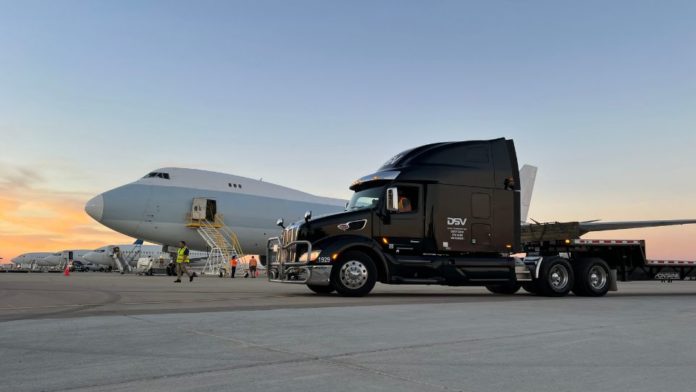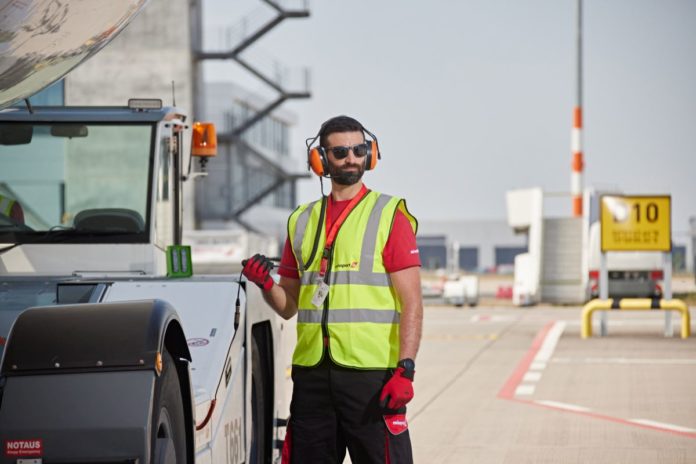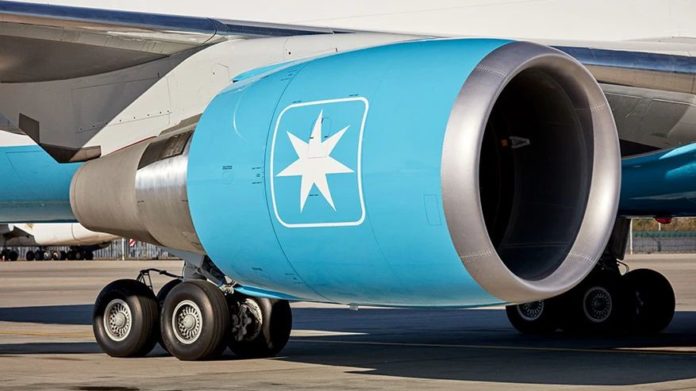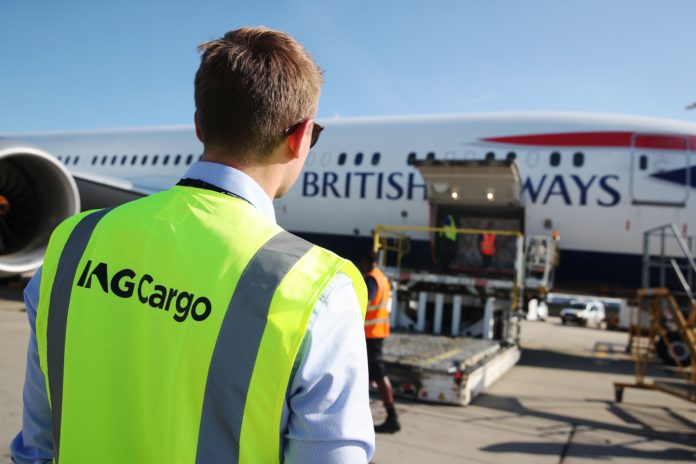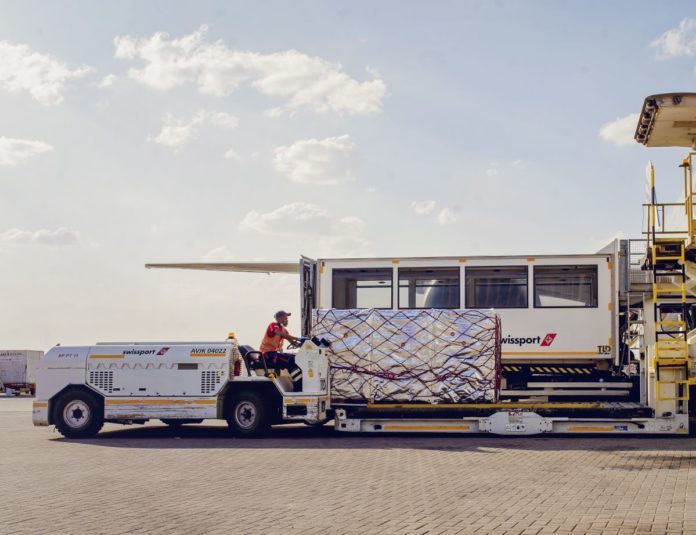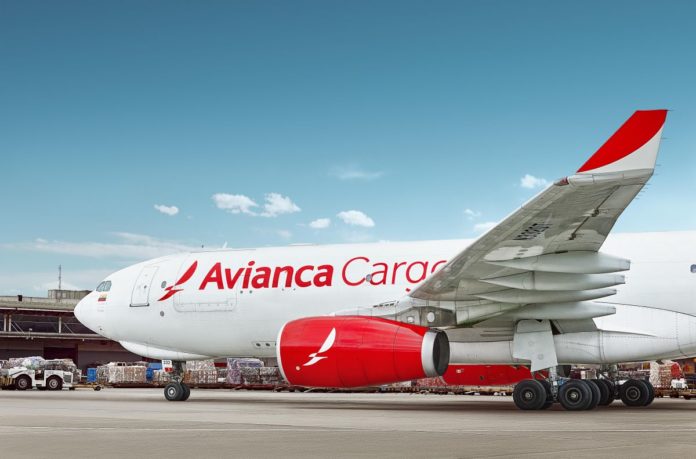Lufthansa Cargo board chair Dorothea von Boxberg is set to move on to a new post as chief executive of the Lufthansa Group’s Brussels Airlines from 15 April. Lufthansa Cargo said a long-term successor would be announced as soon as possible.
DSV to boost presence in US semiconductor sector
Danish-owned forwarding company DSV is to acquire two US-based logistics firms to boost its semiconductor service offerings – S&M Moving Systems West and Global Diversity Logistics, for an undisclosed sum.
DSV added that the move would also align with its new Phoenix-Mesa Gateway Airport operations and support cross-border services to Latin America. The transactions are expected to be completed in April 2023, pending all legal formalities.
Headquartered in Phoenix and Chandler, Arizona, S&M Moving Systems West and Global Diversity Logistics are both run by the same family. They have 130 employees and operate across 11 sites in Oregon and Arizona. They provide domestic road freight, international air and sea freight, warehousing, tradeshow logistics and specialist solutions to the semiconductor industry.
New man for UPS in Italy
UPS has appointed Francisco (Paco) Conejo as country manager for Italy, taking over from Britta Weber. He will oversee UPS’s operations, business development, and strategy in the country whose exports accounts for more than 30% of the GDP, more than half of which is generated by small and medium-sized firms, according to the Italian Trade Agency.
Conejo was appointed division manager for Southern Italy in 2006, before returning to Spain where he held the same position before becoming country operations manager for Iberia.
He said: “I am thrilled to return to work in Italy, a key market for UPS, and to carry on the team’s excellent work,” says Paco. “I will be focused on driving small and medium-sized business growth, boosting cross-border exports for our customers, and helping to create an affirmative and supportive working environment for all UPSers.”
Most recently, he has played a leading role in the delivery of humanitarian supplies to help those affected by the earthquake in Turkey and Syria.
Swissport to handle Chile low-cost carrier
Swissport has secured a contract with Chilean low-cost carrier, Sky Airline, the first for ground services and cargo handling at all 15 airports it serves in the country, from April. The portfolio includes loading and unloading cargo aircraft ramp handling and passenger services.
Swissport currently has some 800 employees in Chile and provides ground handling services at eight It is also present in Argentina, Perú, Uruguay, Ecuador and Brazil.
Maersk launches China/Denmark freighters
AP Moller – Maersk has launched a schedule air freight service between Billund, Denmark and Hangzhou, China. It is operating three weekly flights with the first of the shipping and logistics company’s newly converted Boeing 767-300 freighters operated by its Maersk Air Cargo arm.
Maersk’s new air freight hub at Billund includes a 4000sq m import and 13,000sq m export facility with separate areas for cold storage, dangerous goods, scanning and ULD handling.
Maersk also recently launched a new air freight service with scheduled flights between Greenville-Spartanburg, South Carolina (GSP) and Incheon, Korea (ICN) operated by Miami-headquartered cargo airline Amerijet International.
It has also opened a new air freight gateway to serve Chicago O’Hare International and Rockford International airports.
IAG flies to Aruba and Guyana
IAG Cargo has opened new routes to Aruba (Oranjestad) via Antigua and Guyana (Georgetown) via St Lucia.
Both services will operate twice a week on a British Airways Boeing 777-200 widebody aircraft and are expected to carry perishables, local produce and oil equipment.
IAG Cargo operates over 250 weekly services between European and Latin American airports, including a direct three-times-weekly service between London and Trinidad, which was previously reached via St Lucia.
Regional commercial manager for Latin America, Rodrigo Casal, said: “The movement of cargo between Europe and Americas represents an important trade route, and with our specialist products such as Critical and Constant Climate we’re able to offer a speedy service and ensure that goods stay in perfect condition every step of the journey.”
Swissport adds cargo for Lufthansa in Kenya
Lufthansa has extended its long-standing partnership with Swissport at Nairobi’s Jomo Kenyatta Airport to include cargo handling and warehousing.
Swissport already provides ramp handling, check-in and gate services for flights to and from Frankfurt, Germany. Its Nairobi cargo center offers 10,400sq m for general cargo, perishables and temperature-sensitive goods and the facility includes a CEIV-certified Pharma Center.
Swissport recently launched a “flower corridor” cool-chain initiative that brings together all stakeholders from farm operators to airlines and forwarders to extend the shelf life of fresh-cut flowers and reduce waste.
ATC to be Avianca GSSA in Germany and Switzerland
General sales and service agent ATC Aviation has been appointed exclusive GSSA for Latin American carrier Avianca Cargo in Germany and Switzerland. Avianca Cargo’s network covers 50 locations in the Americas, Europe, and Asia with a fleet of Airbus 330 freighters, in addition to passenger bellyhold capacity.
ATC Aviation chief executive Ingo Zimmer, said: “We are thrilled to partner again with Avianca Cargo and support their growth in Germany and Switzerland. As a GSSA, our focus is to provide customized solutions to meet the unique needs of our clients.”
ATC represented Avianca between 2012 and 2019.
Avianca Cargo sales manager EU-Asia, Ignasi Vera, added: “We are excited about our partnership with ATC and the value they bring to our cargo operations. Their expertise in cargo sales and marketing, combined with our extensive network, will enable us to provide unparalleled service to our customers.”
Second programme forWomen in Aviation and Logistics
Women in Aviation and Logistics (WAL) has launched a second mentorship programme.
The initiative, which brings together 27 mentor-mentee pairs, includes eight men and 43 women participants from diverse professional backgrounds, including airlines, airports, freight forwarders, IT solution providers, and trade associations.
The second WAL mentorship programme is sponsored by Airblox, IBS Software, and Strike Aviation.
Mentors will share their knowledge and expertise, and the scheme will help improve gender diversity in the industry by empowering future air cargo leaders.
This year’s mentorship includes professionals with expertise in finance, pricing and revenue optimisation, sales, communication, and sustainable business strategies.
High standards for fine art transport
The International Convention of Exhibition and Fine Art Transporters (ICEFAT) is launching a set of standards to ensure quality and consistency across its shipping network. , The standards have been developed and audited by assurance, consulting and strategy firm, Ernst & Young.
Members of ICEFAT, an international association of 78 fine art transporters across 37 countries are trusted by insurers, galleries, museums, collectors and institutions to care for and transport the world’s cultural treasures.
ICEFAT’s standards cover all operational areas of art logistics across facilities and equipment, data security, staff and operations. Facilities and Equipment standards include building layouts, inspections, maintenance, fire detection and disaster planning. Data Security Standards involve access control and backing up, Staff Standards HR, resourcing and training, and Operations Standards tackle risk management, packing materials, supply chain management and insurance.
Adherence to the standards is a prerequisite for all ICEFAT Members, each of which is audited prior to acceptance into the association, and again every five years.
Chairman of the steering committee, Jonathan Schwartz, said: “It was long a maxim that the member companies of ICEFAT represented the highest standards, so we took it upon ourselves to create a more robust certification that would include other metrics such as equipment, human resources, security and skillsets. Furthermore, we entered into an arrangement with Ernst & Young so that these Standards would be objectively ranked and reviewed.”
Chair of the ICEFAT membership committee, Santiago Mendez, added: “One of ICEFAT’s primary objectives is to deliver value, confidence, and trust to all the art industry with our Standards. They should be the foremost guidelines to increase the level of professionalism and care in our industry, from museums to insurance brokers, and for former and future members. These standards and audits are a failsafe way to give our organisation the transparency and seriousness required for the onboarding of new members. With the help and knowledge of EY, we will continue working on the audit program that will ensure all members are adhering to these rigorous standards.”










